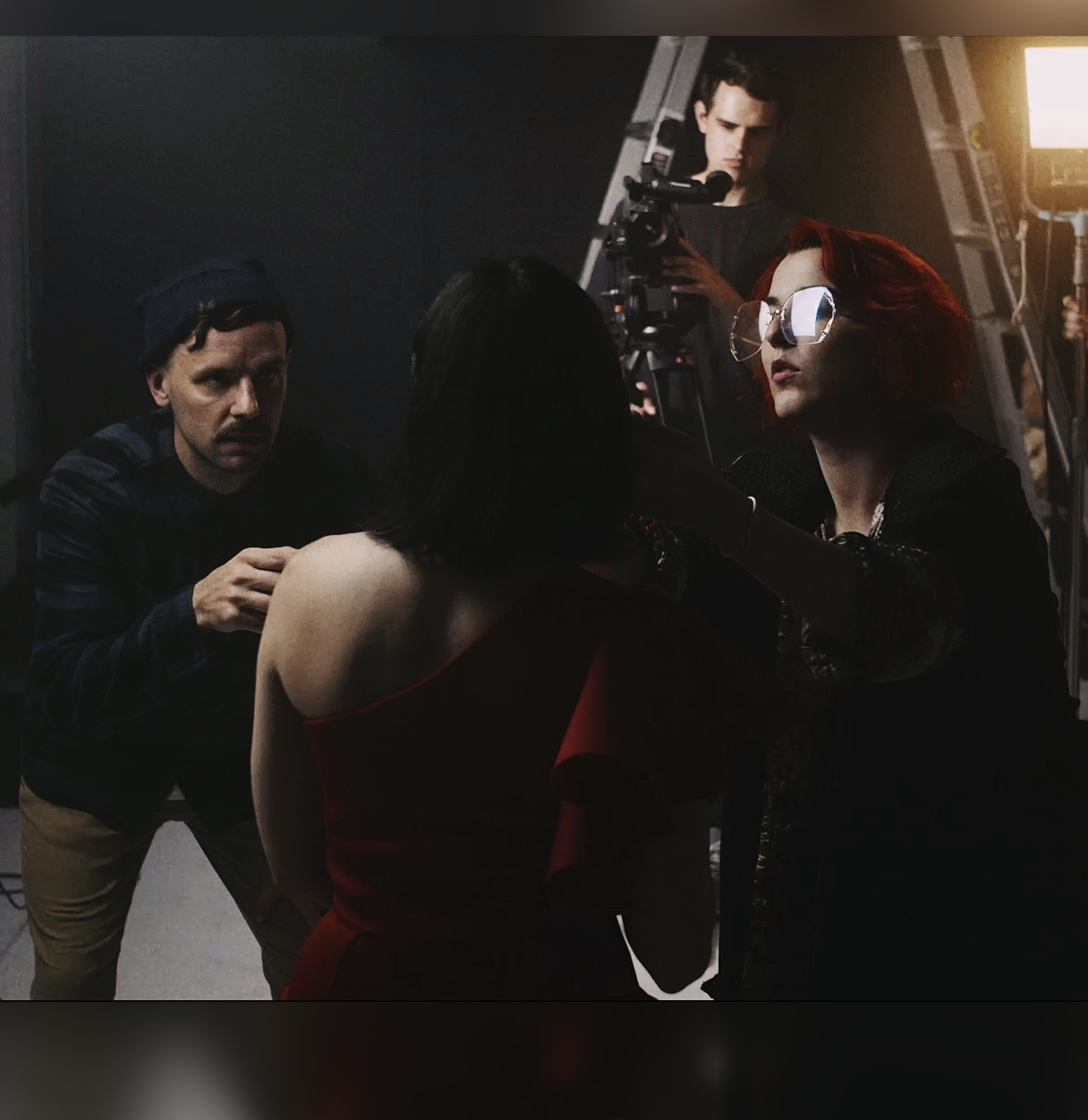
This post is in response to Movie Studios Are Forcing Hollywood to Abandon 35mm Film. But the Consequences of Going Digital Are Vast, and Troubling, published in LA Weekly on April 12, 2012.
The demise of film has been heralded for a long time. It might have begun in earnest, as many cinematographers have speculated, with the ARRI ALEXA’s introduction two years ago. Or, as RED-evangelizers would have you believe, with the RED ONE in 2007. Or, just maybe, film’s death was sealed as soon the current generation of young filmmakers got their hands on affordable DV cameras and editing software, in contrast to the 16mm roots of their predecessors. Whatever the cause, the days of celluloid are undoubtedly numbered– but some in Hollywood seem reluctant to let it go.
I love the look of film. Even digital movies printed on film look great to me. But this article is like lamenting the fate of carriages and carriage makers now that the Model-T is out. Sure, they have a level of charm that the Ford can’t quite emulate, but for practical intents and purposes, the Ford can do more and it will only get better. Film, like horse-drawn transportation, will be remembered with fondness, but it isn’t coming back. No amount of director outcry or online petitioning is going to change that.
The author’s issues seem to be primarily 1) aesthetic, as with directors, and 2) economic, as with exhibitors and projectionists (especially those of the arthouse variety). In aesthetic terms, I agree that film still looks better, but the difference is smaller by the day (read: Alexa). I believe beyond a doubt that digital will one day be able to perfectly replicate the look of film, if one wanted it to. And don’t think that the division between filmmakers and studios is as clear-cut as the article presents it either; the are a number of cinematographers beginning to choose digital as a matter of preference, not necessity. The argument that film teaches discipline is simply archaic, akin to requiring someone to learn programming before using a computer. Meaningful discipline, in my experience, comes from self-motivation, not force.
As for the economic, it honestly seems like stubbornness is a factor here. Hadrian Belove, who seemingly stands in for arthouse executives nationwide, complains of not being able to show films such as Breakfast at Tiffany’s without a DCI upgrade, but when offered a DVD or Blu-ray from the studio, rejected both on the basis that DVD upscaling and dynamic range is poor. David Bordwell tells a similar story in his exhaustive blog series on the digital transition (well worth a read), of “repertory cinemas being reluctant to screen on the low-resolution formats”. In reality, a Blu-ray is very few pixels shy of a 2K DCP, which is in itself not far off from the state of many film release prints. Can one see the difference when it’s drawn to attention? Of course. Is that difference worth adopting an “all or nothing” policy, and refusing to screen a film at all? Questionable.
Regarding arthouses that shows current indie releases, the cost of upgrading is indeed valid; estimates of those that will go under in the transition float in the thousands. But as with the sound transition in the ’20s, or indeed any such sea change, some institutions of the past will always be lost in favor of new ones that spring up in their place. Bordwell cites Jack Foley of Focus Features, who “believes that eventually all viable art houses will convert to DCI projection, the VPFs [Virtual Print Fees] will expire, and every party will reap the benefits of digital cinema”. And frankly, for every arthouse lost, I believe home entertainment– be it VHS, DVD or Netflix– allows more people to see more films. Not just blockbusters, but independent and even repertory works that they otherwise may never have crossed an arthouse threshold to see; at least those in the my generation.
I’m not arguing that the all the points against digital don’t have merit. Easily the greatest concern in the transition is the preservation of our current film archive; the transferring of every film in the studios’ vaults to a comparable digital format would be a Herculean undertaking, and even if the technology were to become economically feasible, the studios seem to have little incentive to fund it. And yes, as the article continually emphasizes, many people in more than one subset of our industry will lose their jobs. But technological change is simply inevitable, and as with arthouses, new jobs will continue rise up to deal with aspects of digital filmmaking.
At the end of the day, if you’re really making films for anyone beyond yourself, this discussion goes only as far as what the audience can see. And I firmly believe that most simply can’t tell– or don’t care– about the difference. True, this logic can be taken too far– I’m no happier to see films being seen on iPhones than you are. But the genie is not going back into the bottle. Digital gets better every day, and I have no doubt we’ll be able to maintain a good experience for the movie-goer in the theater; what they do at home is out of our hands.
In the meantime, I’ll prefer to concentrate on the script.
